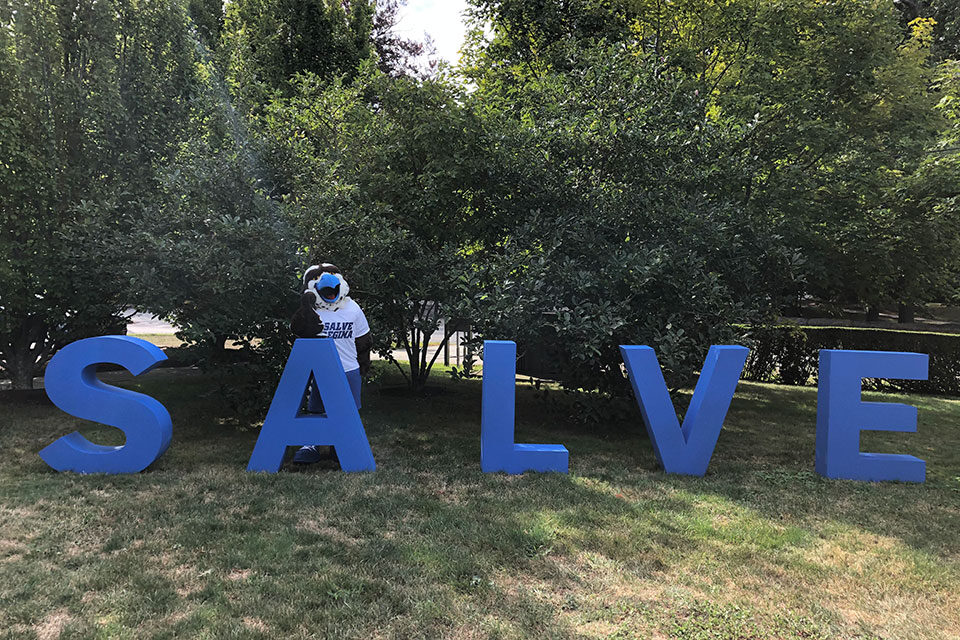Princeton Review selects Salve Regina as 2022 ‘Best in the Northeast’

Salve Regina has been selected by The Princeton Review as one of 223 colleges it considers “Best in the Northeast.” The rankings appear on the publication’s website feature, “2022 Best Colleges: Region by Region,” released today, Aug. 31.
In all, The Princeton Review selects 655 colleges and universities nationwide to recommend as “bests” across five regions: Northeast, Southeast, Midwest, West and International. Colleges that made the “Best in the Northeast” list are located across 11 states.
“We chose Salve Regina University and the other outstanding institutions on this list primarily for their academics,” said Robert Franek, The Princeton Review’s editor-in-chief. “We also consider what students enrolled at the schools reported to us on our student survey about their campus experiences.”
Franek said the company considered data from its survey of administrators at several hundred colleges in each region, information from staff visits to schools over the years, and the opinions of college counselors and advisors whose perspectives the company solicits.
“Salve Regina is growing stronger academically each year in the measures of our students and faculty, and it is wonderful to see this reflected in the Princeton Review list of best colleges,” said Dr. Kelli J. Armstrong, the University’s president.
James Fowler, vice president for enrollment management at Salve Regina, said today’s students are seeking an education that not only educates and prepares them for future success, but also one that offers a meaningful, transformational experience that will allow them to make a positive impact on the world.
“This is the type of education that Salve provides, and our growing reputation reflects the fact that the University is excelling in offering our students an environment where they can become their best selves,” Fowler said.
Salve Regina offers a variety of popular academic programs that range from research driven degrees in chemistry and biology, pre-professional programs like education and nursing, unique offerings like cultural and historic preservation, a robust set of programs in the arts and humanities, and more.
“Across all disciplines, students engage in experiential and hands-on learning opportunities that expose them to careers through community partnerships, research, and internships,” The Princeton Review site states. “These opportunities take students outside of the classroom where they develop business plans, work in schools with children, research issues involving the local watershed, work with patients at various care facilities, or provide needed change in the community through service learning.”

